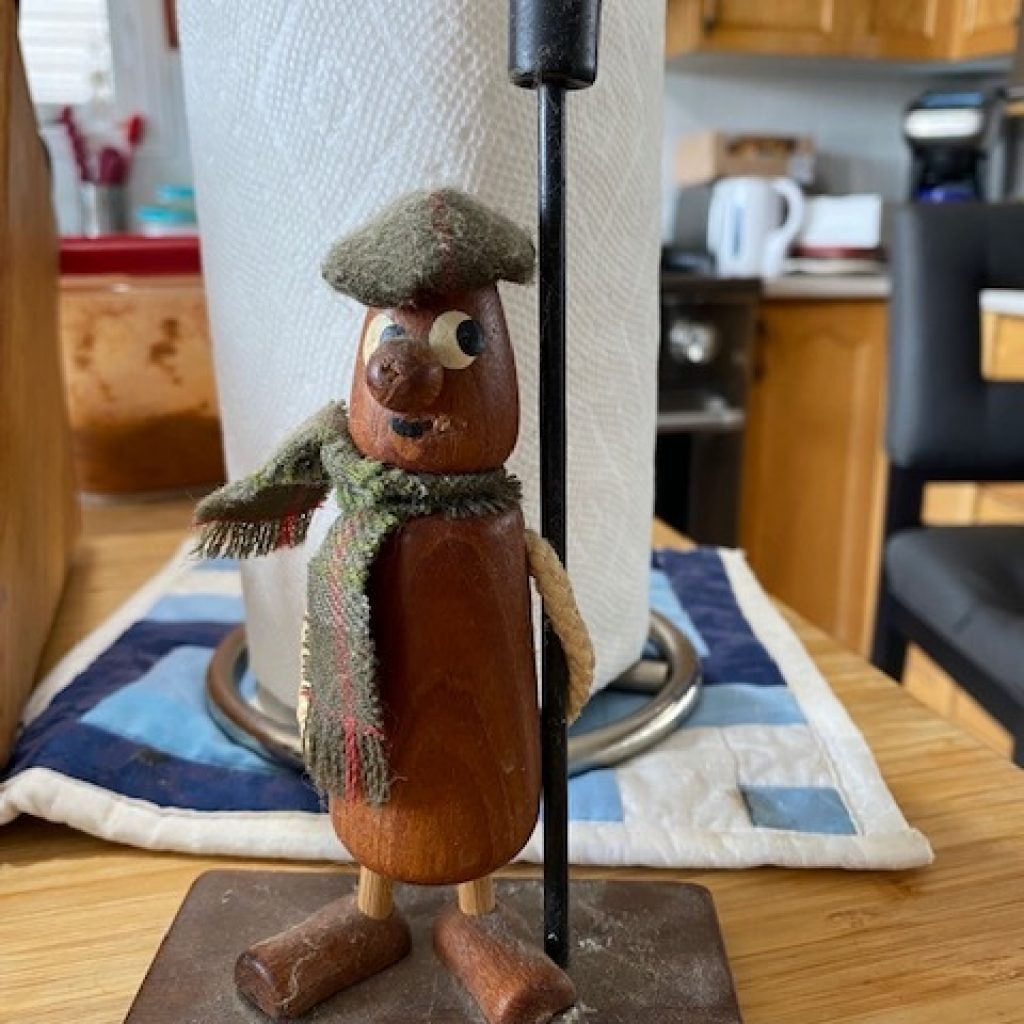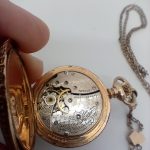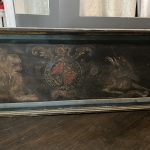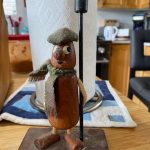
The art and practice of bartering items for items or for money dates back to the earliest times of our human civilization. What is received for our item is the complicated part of the transaction. And how we decide what is being offered for our item is fair and in line with what the general market would pay.
Due to many issues that we are all facing, some of our own making, and other situations forced upon us, we can be in a need where we have to try and sell everything not nailed down. The tendency is to look for the highest value item in a household. And that is usually jewelry. Today’s high market price per ounce of gold and silver in jewelry can provide some financial relief. Before running out to the first Gold & Silver buyer, finding a qualified independent source to tell you what you have is the first step. This is where a qualified jeweler who has an ongoing business can provide valuable information. A engagement gold ring of 10K or 14K (carat) might have 6 or 7 grams of gold. A diamond of a certain size and quality. A person who is just interested in the gold & silver might not offer you a current market value for the diamond or gemstone. And if the stone is removed by someone who is not a qualified jeweler / gemologist, damage might occur. If you are looking for an idea of current market value or replacement cost for insurance, a local jeweler would be able to provide specific written details on the complete ring. The purity & weight of the gold, the color, Clarity, Cut and Carat weight of the diamond.
Suzanne Charlebois, Registered Gemologist with Prestige Evaluation Inc. who specializes in Diamonds & Gemstones, cut and uncut, states, “that the local Jeweler should be one of the first persons to see when there is any question on Jewelry. The qualifications and experience he or she can offer might save the person hundreds of dollars and depending on the piece(s), thousands”. Or if the piece is of great age. We have seen a few pieces from the 15th and 16th century, that had far more value than the weight of just the gold and silver content. As always, the due diligence is on the owners side and should to be done. Unlike other items of value, where photos might be useful in determining value, Jewelry has to be seen in person by the gemologist. There are measurements, weights, inspection via a microscope and other gemological tools used in the process. Here are some websites to help you in your search.
If you want to sell your jewelry for the gold & silver content, these are the steps to take before you look for a buyer.
1. Obtain a jeweler’s loop or if you have a magnifier to examine the markings. You are looking for 10K, 14K, 18K or 24K in gold and .800 or .925 (Sterling) for silver. If you see hallmarks, these can also be researched. Prepare sealable baggies with labels of the different carats of gold / silver that you have.
2. Obtain a digital scale (amazon.ca) or use a pre-owned digital kitchen scale with grams, that will give a close indication of the weight of the jewelry.
3. After examining each piece, to see what the purity of the gold is, weigh the piece and make a note of the weight & description and place it in the labeled baggie of the same purity.
4. Repeat each process for each piece. Your end result will be sorted gold or silver and an inventory of jewelry with each weight. With your list in hand, you can refer to the websites below for the current scrape value of the gold and silver. Then you can decide if you wish to go ahead and sell it. Please note, Jewelry with gemstones will be the total weight of the piece. A qualified person would have to remove the stone(s) to properly weight the ring or other piece of jewelry.Disclaimer:T here are many variables when calculating the scrape value of gold or silver. When there is a question on the purity, the gold has to be tested via an acid test or via a X-ray fluorescence spectroscopy analyzer. This is why we suggest visiting a local jeweler for the total weight and purity of the gold & silver.Please note: most jewelers will charge you for their time & expertise. But knowing what you have and the potential value should outweigh the cost of the service provided.
5. If you see 18K HSE (Heavy Gold Electroplate), the gold is a very thin gold plating. Just enough to give the appearance of gold. The Gold plating is so thin, you can scratch it off easily. There is no salvageable gold.
Last Month’s appraisal inquiry emails to ‘The Cornwall Seeker’ were

Brigitte from the SDG area, with an Antique Oar found in the Basement of a 120 Year old house. Comment: A 19th. Century Long Oar, modified with metal plate on paddle, secured with nails. Market Value is more decorative than historical. Estimated value $ 125.00 to $ 200.00

Heather from the SDG area, with a American Waltham Watch Company, Pocket Watch, sub second dial at 6:00 position. gold rolled plated case. Estimated value $ 200.00 to $ 225.00
Stephen from the SDG area with a 18th century painting of a British coat of arms on wood. It is stated that it was a gift from King George III to Joseph Brant for fighting in the war against the American Colonists. Possible timeframe of gift: November 1775 Comment:Joseph Brant is a noted Mohawk warrior, translator, statesman & First Nations Indigenous rights advocate. This painting has historical value and might be of interest to a museum. If a donation was made, a taxable donation receipt would be offered. Further research is currently underway. No value given at this time.

JA from the SDG area with a decorative figurine, of a chimney sweeper of the 19th century. Mid 1960’s craft article usually sold in craft & gift shops. Estimated value $ 35.00 to $ 45.00

Don’t forget! If you have something you would like John to have a look at, send a picture of the item and details to [email protected]













